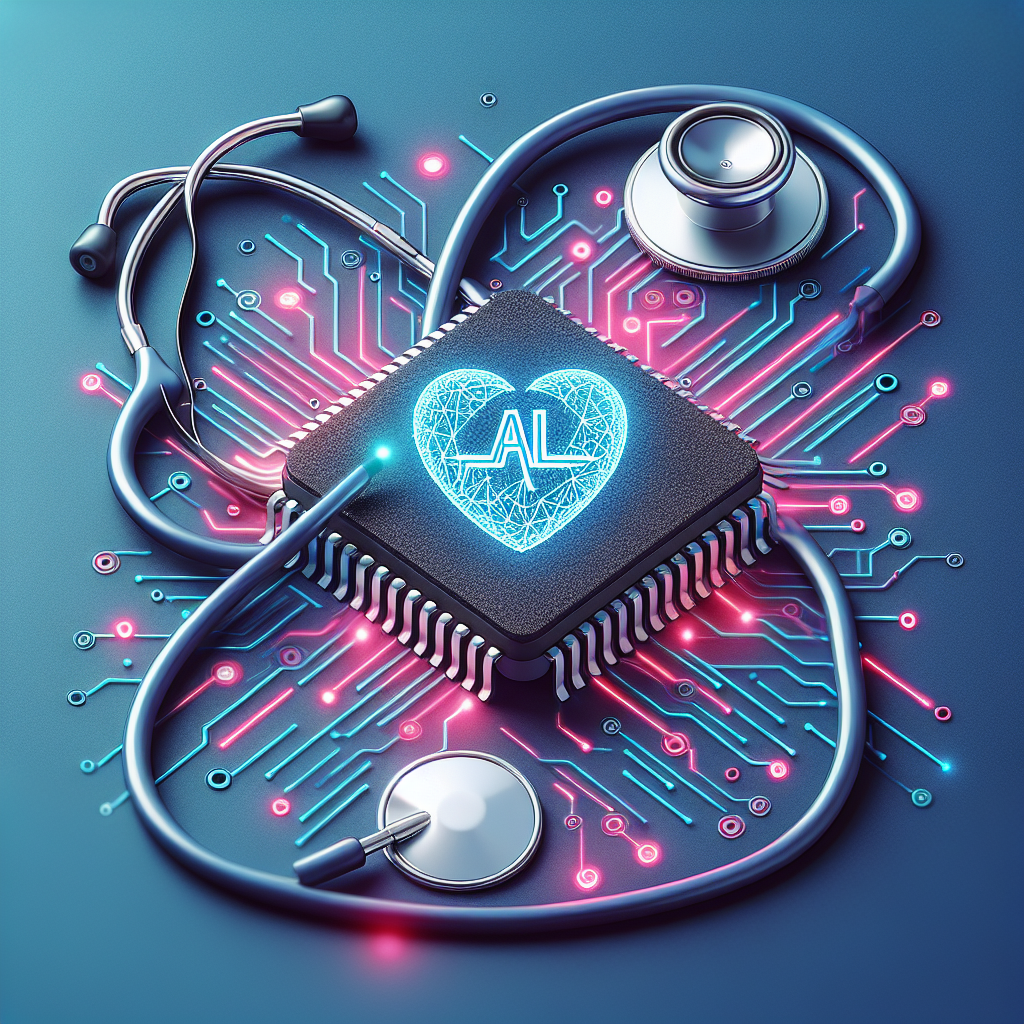In recent years, artificial intelligence (AI) has become an increasingly important tool in the field of medicine. From helping doctors diagnose diseases more accurately to improving the efficiency of healthcare systems, AI has the potential to revolutionize the way we approach healthcare. However, along with its many benefits, AI also poses a number of health risks, particularly in the form of medical errors and misdiagnoses.
Medical errors are a significant problem in healthcare, with studies estimating that they are responsible for thousands of deaths each year. AI has the potential to reduce these errors by providing doctors with more accurate and timely information. For example, AI algorithms can analyze large amounts of patient data to help doctors make more informed decisions about diagnosis and treatment. AI can also help doctors identify patterns in patient data that may not be immediately obvious, leading to earlier diagnosis and treatment of diseases.
Despite these potential benefits, there are also concerns about the use of AI in healthcare. One major risk is the potential for AI algorithms to make mistakes in diagnosing diseases. While AI has the ability to analyze vast amounts of data, it can still be prone to errors, particularly if the data it is trained on is biased or incomplete. In some cases, AI algorithms may also be unable to take into account important contextual information that could affect a diagnosis, leading to incorrect or incomplete diagnoses.
Another risk of AI in healthcare is the potential for overreliance on technology. Doctors may become too reliant on AI algorithms for diagnosis and treatment, leading to a decrease in critical thinking and clinical judgment. This overreliance on technology can also lead to a lack of accountability, as doctors may blame AI algorithms for mistakes rather than taking responsibility for their own decisions.
Misdiagnoses are another significant risk of AI in healthcare. Misdiagnoses occur when a patient is diagnosed with the wrong disease or condition, leading to inappropriate treatment and potentially harmful consequences. AI algorithms can be prone to misdiagnoses if they are not properly trained or if they are used inappropriately. For example, if an AI algorithm is trained on biased data, it may be more likely to misdiagnose certain groups of patients. Additionally, if doctors rely too heavily on AI algorithms for diagnosis, they may overlook important clinical information that could lead to a correct diagnosis.
In order to mitigate the risks of medical errors and misdiagnoses associated with AI, it is important for healthcare providers to carefully evaluate the AI algorithms they use and to ensure that they are properly trained and validated. It is also important for doctors to maintain a critical mindset when using AI in healthcare, and to always consider the limitations of the technology. By taking these precautions, healthcare providers can harness the potential of AI while minimizing its risks.
FAQs
Q: How can healthcare providers ensure that the AI algorithms they use are accurate and reliable?
A: Healthcare providers should carefully evaluate the AI algorithms they use, making sure that they are properly trained and validated on diverse datasets. Providers should also regularly monitor the performance of AI algorithms and update them as needed to ensure accuracy and reliability.
Q: What can doctors do to avoid overreliance on AI in healthcare?
A: Doctors should maintain a critical mindset when using AI in healthcare, always considering the limitations of the technology and using it as a tool to support their clinical judgment rather than replace it. Doctors should also seek out additional sources of information and consult with colleagues to ensure that their diagnoses are accurate and comprehensive.
Q: How can patients protect themselves from the risks of medical errors and misdiagnoses associated with AI?
A: Patients should always be proactive in their healthcare, asking questions and seeking second opinions if they are unsure about a diagnosis or treatment. Patients should also be aware of the limitations of AI in healthcare and advocate for themselves to ensure that they receive the best possible care.

